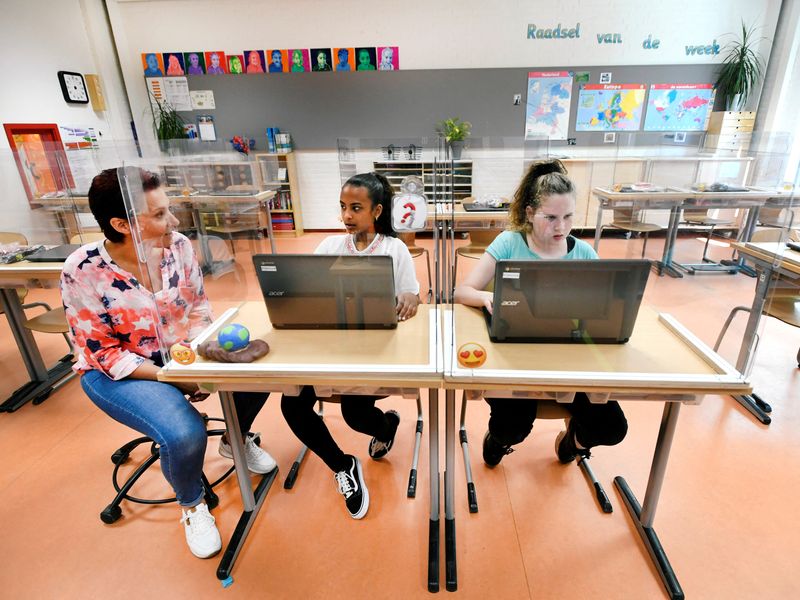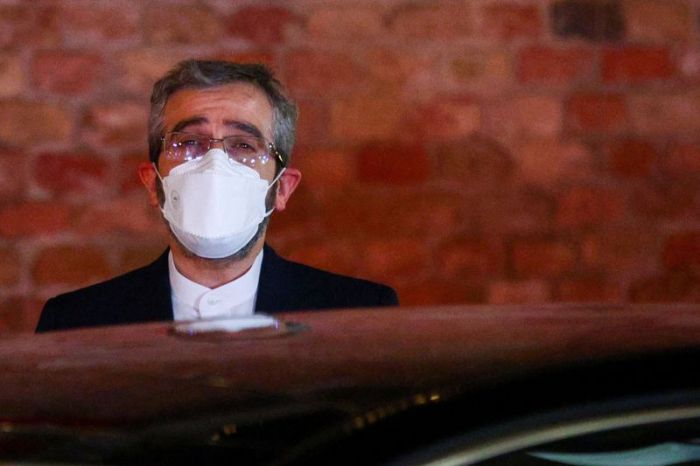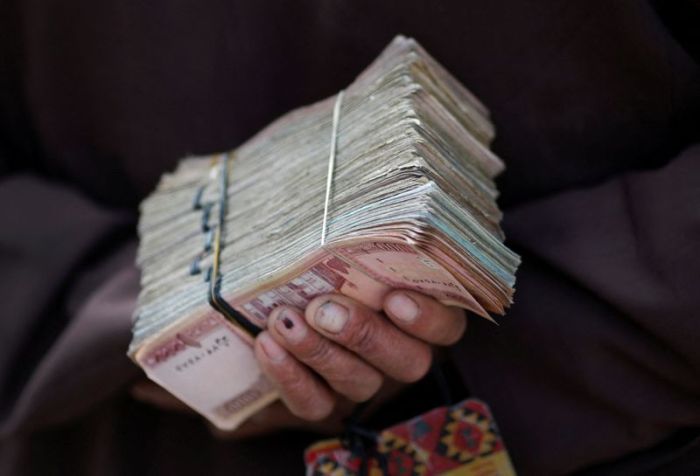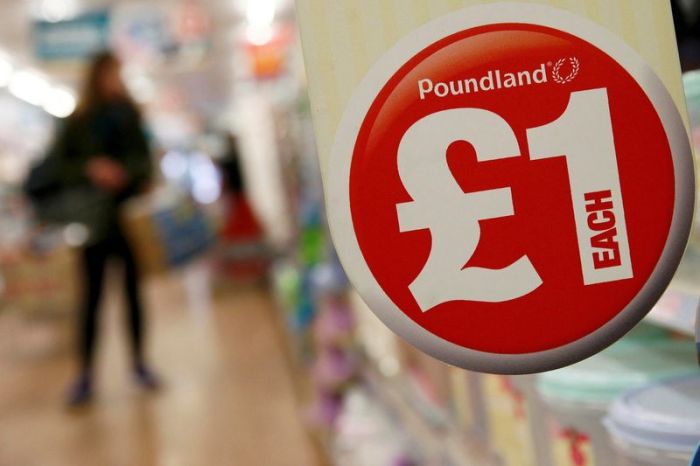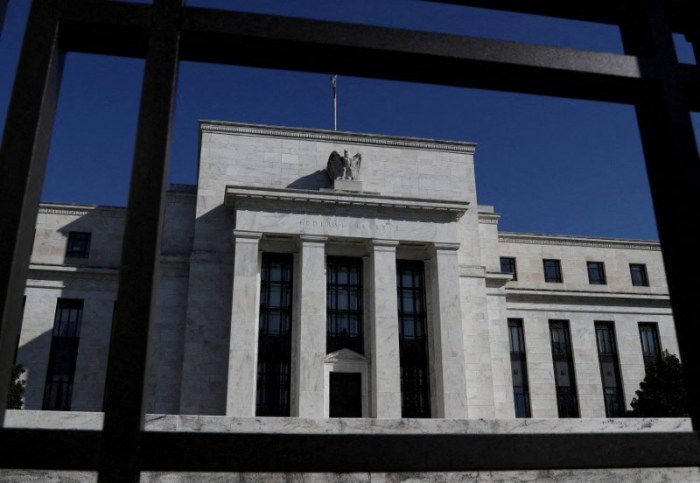AMSTERDAM (Reuters) -The Netherlands will extend COVID-19 restrictions through the Christmas holidays, including the early closure of schools, Dutch Prime Minister Mark Rutte said on Tuesday.
The rapid spread of the Omicron variant of the coronavirus, which is making up roughly 1% of new infections in the country, “is a reason to be concerned and to be cautious,” Rutte said in a televised comments.
Elementary schools will close a week early to try to prevent children from infecting older family members during Christmas as hospitals struggle with a wave of COVID-19 patients.
Rutte said a second Christmas “during which grandparents couldn’t hug their grandkids under the tree” was a painful necessity.
Booster vaccine shots to improve immunity against the Omicron variant will be offered to all Dutch adults before the end of January, Health Minister Hugo de Jonge said.
Other restrictions in place since Nov. 28, including the closing of restaurants, bars, non-essential stores and other public places from 5 p.m. to 5 a.m., the barring of all spectators from sporting events, and advice to work from home as much as possible were extended through Jan. 14.
Infections in the country of 17.5 million have dropped from record levels following the introduction of the nighttime lockdown, but remain relatively high at around 85 per 100,000 inhabitants.
The number of COVID-19 patients in hospitals has remained among the highest levels of the year and hospitals throughout the country have been ordered to postpone all non-emergency operations for weeks to free up beds in intensive care units.
As infections remain highest among young children, experts had advised the government to close schools a week earlier.
The Netherlands has registered almost 2.9 million coronavirus infections, with 20,214 related deaths.
(Reporting by Bart Meijer and Anthony Deutsch; Editing by Angus MacSwan, Ed Osmond and Grant McCool)

